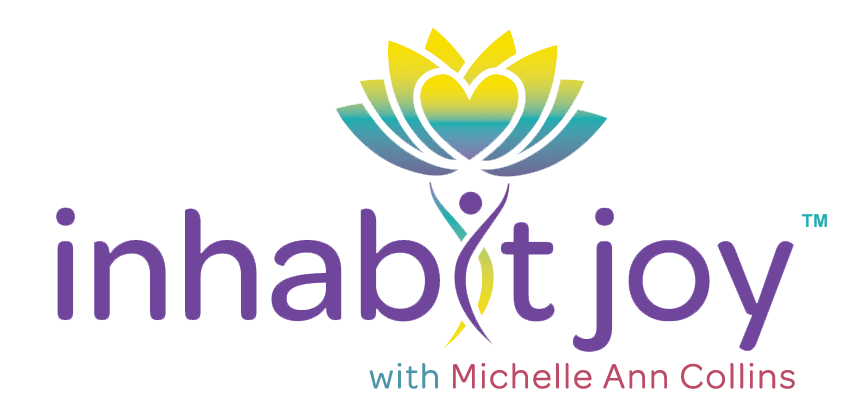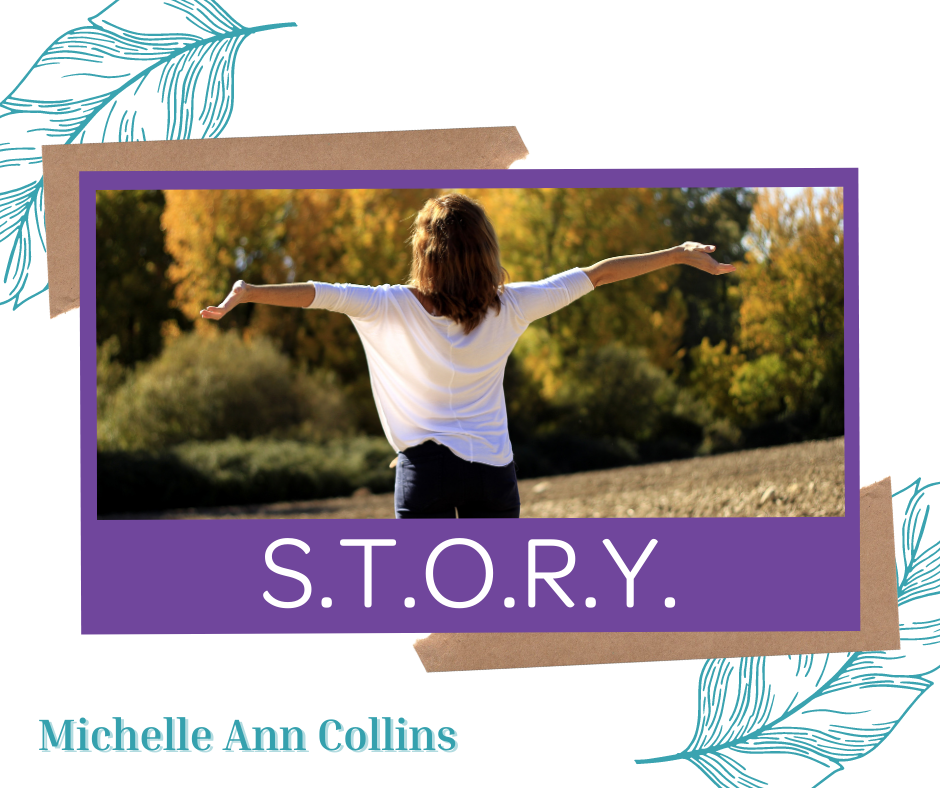Using mindfulness to face challenges allows you the freedom to choose your path.
Have you ever had second thoughts?
Can you think of a time you regretted a thoughtless action you’ve taken?
Do you sometimes have a difficult time controlling your reactions to challenges?
When you are under stress, do you struggle to make a good decision?
Have you ever had to apologize for an outburst or unkind behavior?
Mindfulness can keep you from this type of suffering. Practicing mindfulness takes us to a place of observing an experience, rather than being a victim of it. Many of my teachers have used the analogy of watching a river. When life feels out of control, it’s as if you are floating down a river, overpowered by the rush of water, swimming against the stream, reaching desperately for a branch. Mindfulness practice allows us to step out of the river and watch. Observing the scene without being swept away.
I developed an acronym, which I use frequently, that helps me remember, I am in control of my responses and behaviors. When I use this acronym, I am able to respond from my higher thinking brain, rather than react from my less evolved lower brain. Remember, our brain’s wiring evolved to protect us. When we feel threatened, we react quickly, without thinking. Fortunately, our modern lives do not frequently include immediate threats to our safety. But when someone criticizes us, or we watch the news, our bodies respond with the same cascade of events that makes us ready to fight, or to run from a predator. One of the side-effects of this state of high alert is that it is more difficult to be thoughtful.
Now that we are evolved, we need to use our higher brain to remind our body that we are not in need of that big reaction, we need to think this problem through and respond calmly.
But how?
This is where the acronym comes in, instead of reacting to challenges in a way you will regret later, you can respond in a way you choose, you can write your own S.T.O.R.Y.
Next time you are faced with a stressful situation, try to notice the challenge first before you react. You may notice you feel angry, a tightness in your chest, discomfort in your stomach, maybe you feel hot or cold. As soon as you become aware of these feelings, before you react in a way you may later regret, do this:
Stop!
This is part of the noticing, once you become aware, instead of yelling, running from the room, throwing something, or bursting out with a string of hurtful words, notice what you are feeling. Take a detailed inventory, “I am watching an upsetting news story, and my body is reacting, I feel hot and nauseous, and am getting angry, I am uncomfortable.”
Take Three Deep Breaths.
These three long slow breaths will help reset your nervous system. If you practice yoga you most likely know that extending your exhale, or sighing out loud with a wide-open mouth, can bring you into a calmer state.
Observe the Situation
Use the calm you achieved with your three breaths to emotionally and mentally take a step back and observe. Taking this moment to observe the situation, will allow you to choose your next action wisely, using your higher brain.
Respond Thoughtfully
Now that you’ve brought your higher thinking brain back online, you can choose your best response. Consider what you would do if you were writing a story about this experience? Share your best behavior, inspire others, make yourself proud, not regretful. Turn off the news, maybe choose to read an online article about it instead. Bring in compassion, if you are having a disagreement with someone, realize that everyone arrives at each experience with their own history and a lifetime of experiences that may be shaping their opinion to be different than yours. If you are safe, turn your attention away from the source of your stress and take a moment to focus on something you are grateful for.
Yay!
I always like to celebrate wins. When you have responded in a way you don’t regret, give yourself a pat on the back and say “yay!” Remember, responding mindfully is a practice. There are a lot of difficult challenges out there, and although you can try, you may not always respond in a way you feel you can celebrate. That’s the time Y can be changed to, “Yes, I’ll do better next time.” Observe which step you made it to in S.T.O.R.Y., and congratulate yourself for getting there. And if you reacted outright and didn’t even stop, but you did remember later there’s a different path you could have taken, celebrate that!
It’s not perfect, I certainly still react in ways I regret sometimes, but whenever I manage to write my S.T.O.R.Y., I am building mindfulness into my life, easing my suffering and the suffering of others.
Meditation and mindfulness and yoga all help us live healthier happier lives. If you’re looking to bring these practices into your life, I can help!

